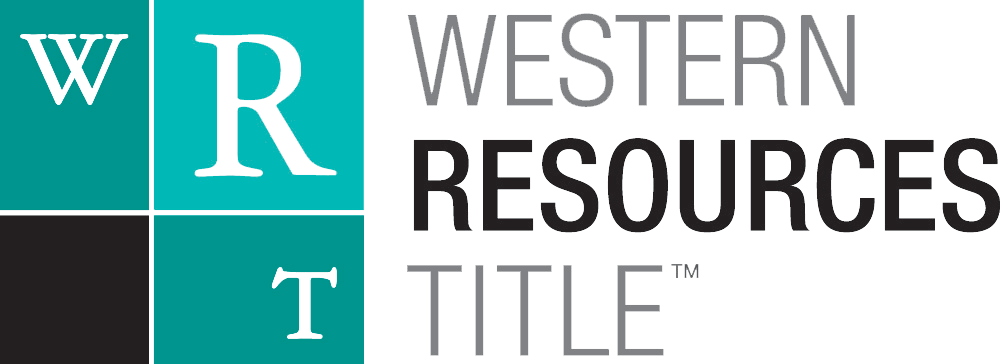The following 3 title terms -all beginning with the letter “e” – are common terms related to the title insurance industry. They are also terms that people tend to confuse with one another. Here are brief definitions of each to add to your real estate glossary:
Encumbrance: is the legal technical terminology for anything that affects or limits the title of a property. There are voluntary encumbrances, such as mortgages, deeds of trust, leases, easements, liens, or restrictions and involuntary encumbrances, which include judgments, tax liens and child support liens. Also, those things considered as potentially making the title defeasible are also encumbrances e.g., charging orders, building orders and structure alteration.
Encroachment: a term which implies, “advance beyond proper limits,” in American real property law describes an instance in which real property hangs from one property over the property line of another landowner’s premises. The actual structure that encroaches might be a tree, bush, bay window, stairway, steps, stoop, garage, leaning fence, part of a building, or other fixture.
Easement: is the right to use the real property of another without possessing it. Easements are helpful for providing pathways across two or more pieces of land. An easement is considered as a property right in itself at common law and is still treated as a type of property in most jurisdictions. The most important thing to know about easements: there are many and varied types of easements and the rights of an easement holder vary substantially among jurisdictions from state to state.
Western Resources Title is proud to announce we are now licensed to service all 58 counties in California!


